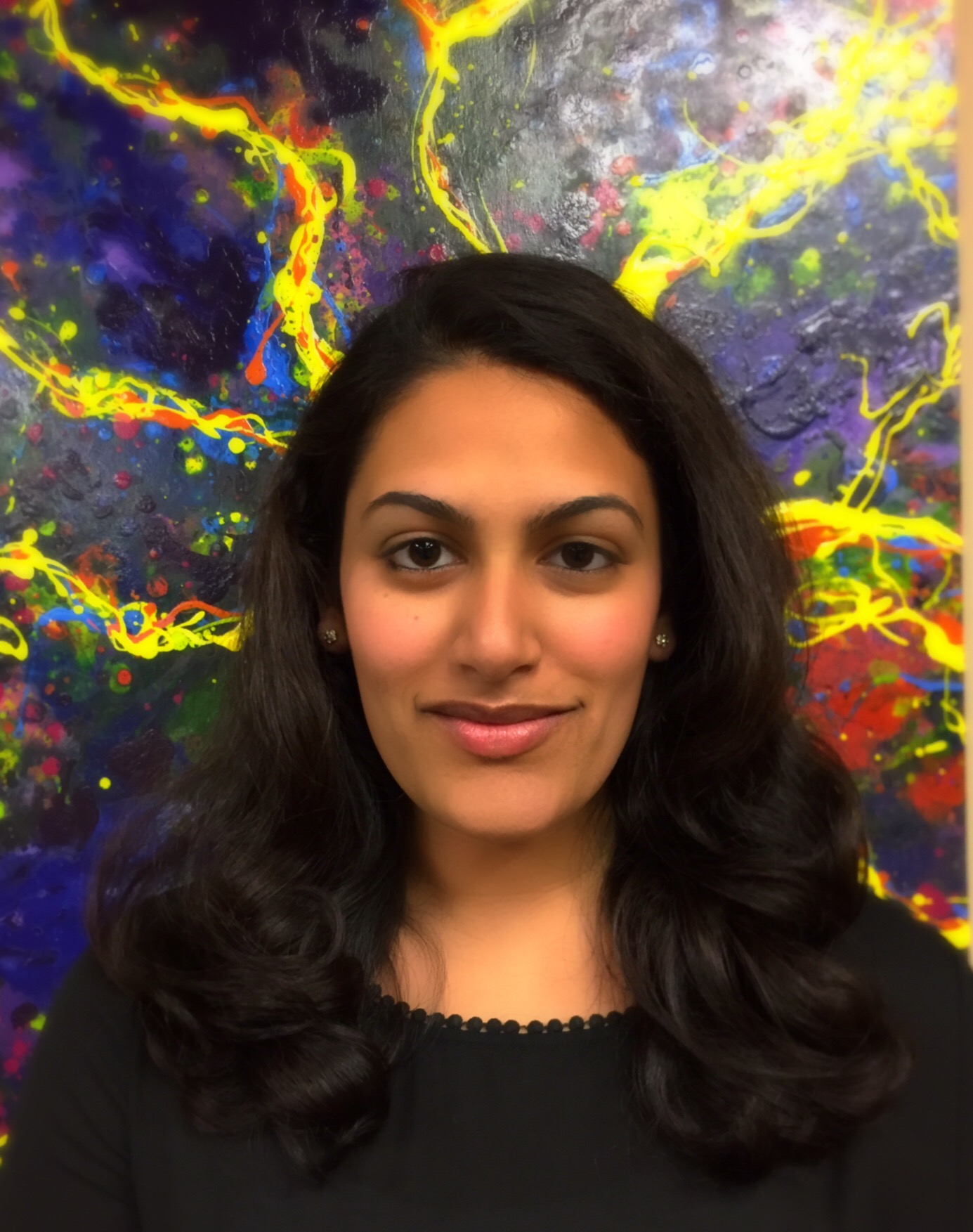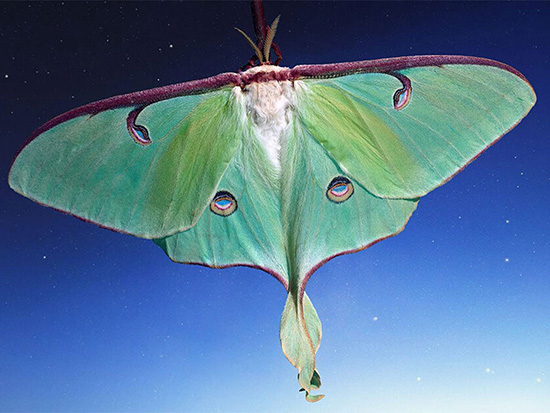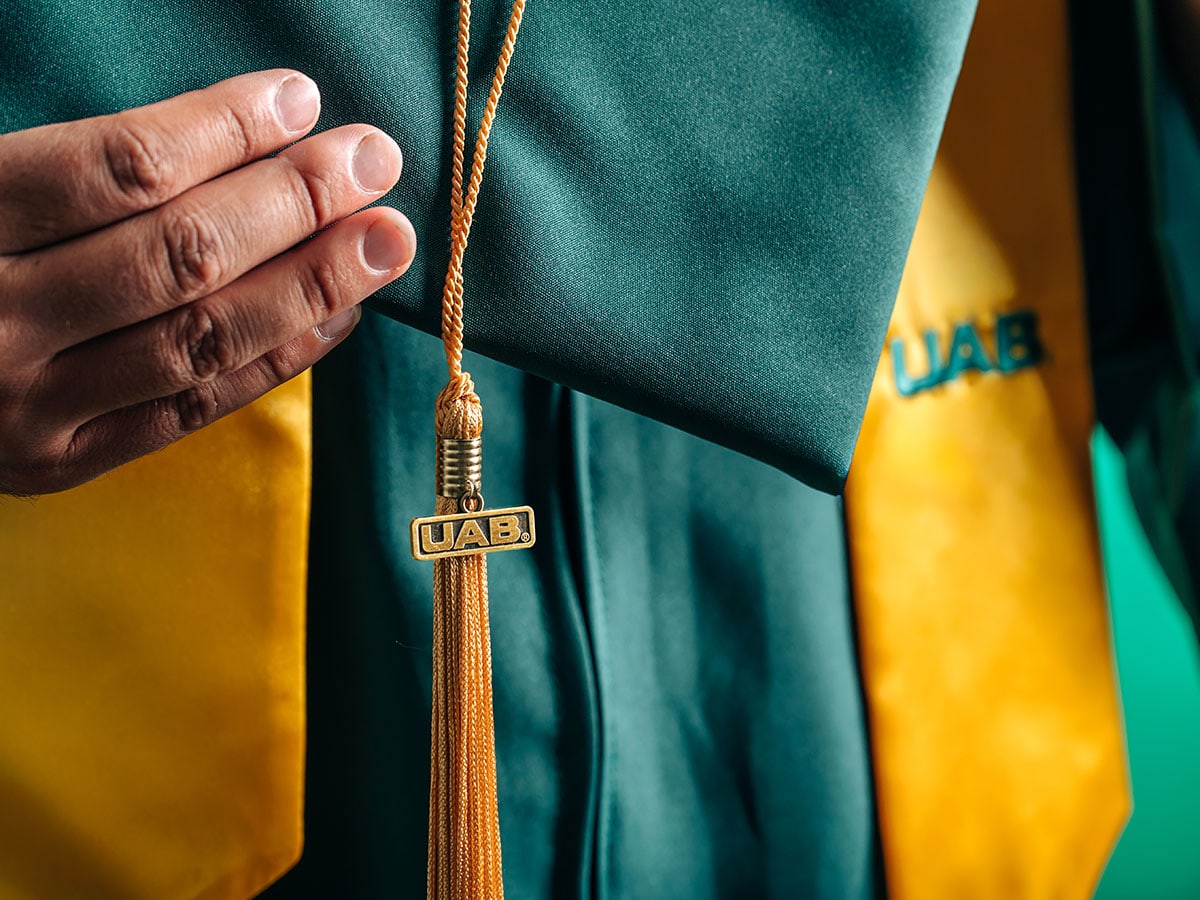UAB was the very last school I applied to and the first school I was accepted to. I had applied on a whim - not knowing anything about UAB or anyone. I actually discovered UAB through a Google search as I was hoping to find a psychology program with a biological or molecular emphasis. After attending a rigorous math and science high school, I realized that loved science and engineering, but also the humanities and economics. Many of my peers chose big research and science focused universities, naturally. I, however, had my mind set on attending a liberal arts school in the northeast. Worried that I had not applied to enough schools I decided to look at schools where my friends from Georgia were attending. I probably should not admit this but I distinctly remember “googling” something to the effect of University of Alabama – undergraduate psychology and biology. At that time, the 3rd link was to the UAB Undergraduate Neuroscience Program. I was expecting to see crimson but saw Blaze instead. This is how I discovered UAB and UNP.
 I had the opportunity to get exposure to neuroscience and research in high school through the Yerkes National Primate Research Center at Emory University in Atlanta, GA. I wasn’t convinced, though, that this is what I wanted to study as an undergraduate. I still contemplated engineering and a career in the humanities. I was interested in so many fields with stark differences so I believed an interdisciplinary undergraduate education would fit best. Fast forward a couple of years and here I am, so glad I ended up at UAB! It has proven to be one of the best decisions I ever made. Slowly, I have narrowed down interests and career paths.
I had the opportunity to get exposure to neuroscience and research in high school through the Yerkes National Primate Research Center at Emory University in Atlanta, GA. I wasn’t convinced, though, that this is what I wanted to study as an undergraduate. I still contemplated engineering and a career in the humanities. I was interested in so many fields with stark differences so I believed an interdisciplinary undergraduate education would fit best. Fast forward a couple of years and here I am, so glad I ended up at UAB! It has proven to be one of the best decisions I ever made. Slowly, I have narrowed down interests and career paths. During my time at UAB, I discovered a passion for both neuroscience and public health. After volunteering in the black-belt region of Alabama, watching Atlanta neurologist Dr. James Kiely provide fee-free care to the uninsured and learning about the impact of population health, I realized I wanted to integrate public health into my education. I have gotten the best of both worlds as I was I able to integrate many graduate level neuroscience and public health courses into my curriculum and tailor it towards my interests. No surprise; both fields are extremely interdisciplinary.
Though the years I have had the pleasure of conducting research under Dr. Michelle Olsen in the Department of Cell, Molecular and Integrative Biology, working for Dr. Paul Geopfert’s translational HIV lab, and serving as a resident assistant, tutor, lab TA, and emergency department scribe. I have had the opportunity the learn from some of the world’s greatest neuroscientists. Dr. David Sweatt’s 3 person neuroscience methods course and Dr. Harald Sontheimer’s diseases of the nervous system course encouraged and reaffirmed my love for neuroscience. It is inspiring to watch the scientific process come to life and see how passionate these researchers are about their life-long work.
For the past year I have worked with Dr. Justin Blackburn in the Department of Healthcare Organization and Policy at the School of Public Health currently focusing on long-term care outcomes subsequent to stroke. We are currently investigating facility level characteristics that lead to better clinical outcomes in patients post stroke within inpatient rehabilitation facilities. In the future I will be pursuing a MSPH in outcomes research and hopefully continuing onto medical school to purse a career in academic medicine, likely in a neuroscience rich specialty.
Through all my research opportunities and coursework, I have learned about medicine and science from a gene to society level- loving every minute of it. I cannot thank the Undergraduate Neuroscience Program and its faculty enough for the opportunity to study and immerse myself into a field I absolutely love for 4 remarkable years.


